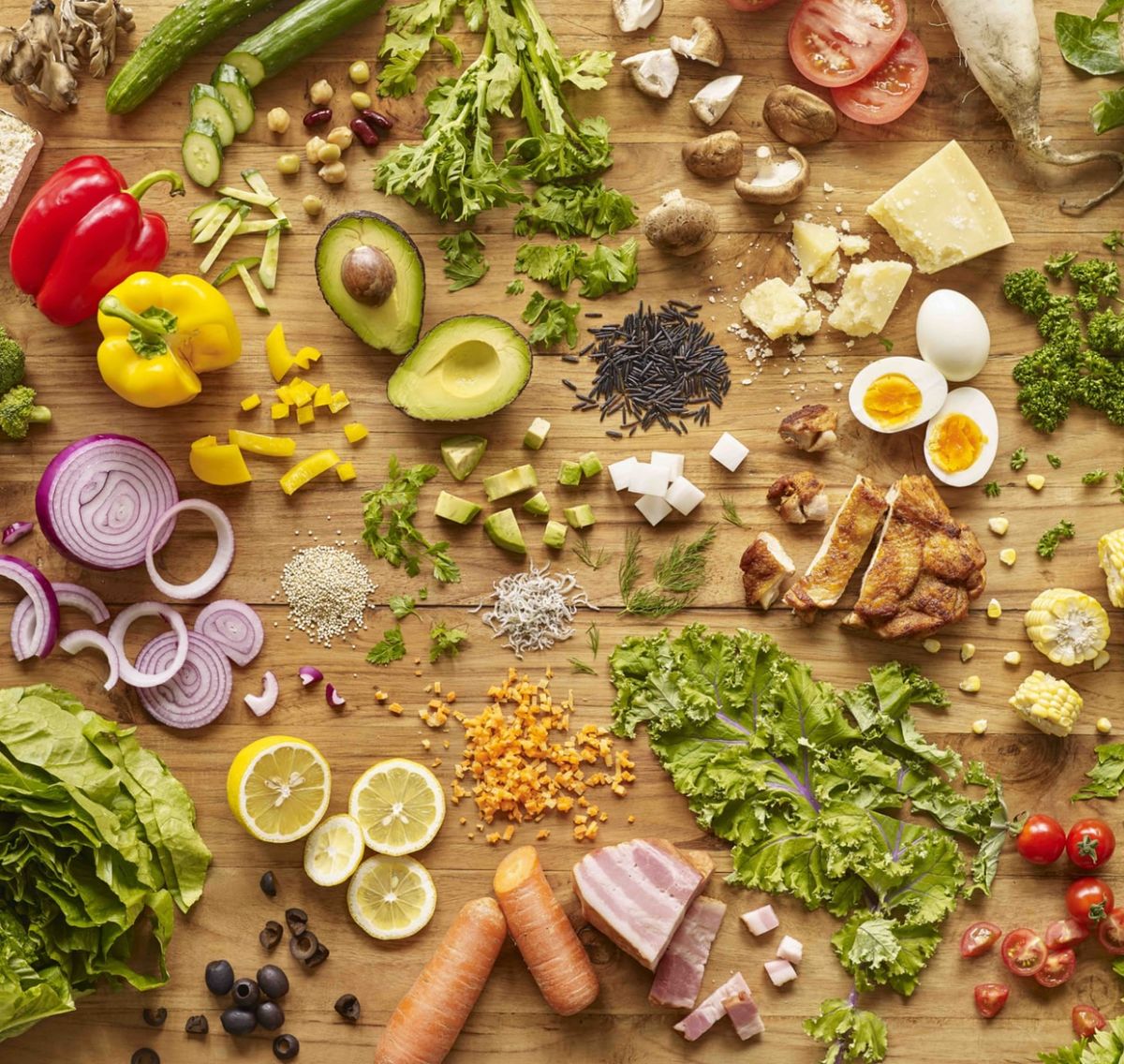Vitamin B5 (Pantothenic Acid)

Vitamin B5 is in almost every type of food source, therefore deficiency is incredibly rare in healthy individuals and pregnant women should not be concerned about their Vitamin B5 status.
Further, it is estimated that women may only require as little as 1 milligram of extra Vitamin B5 while pregnant, which is easily obtained through a varied diet.
Background
Vitamin B5 is a water-soluble essential nutrient; almost all plant and animal foods contain vitamin B5 in varying amounts (the word pantothenic is derived from the Greek pantothen which means “from everywhere”).
Requirements
Because some Vitamin B5 is present in almost all foods, deficiency is rare except in people with severe malnutrition. Therefore, vitamin B5 status is not routinely measured (and supplementation is not recommended).
Deficiency usually occurs with a lack of other nutrients, and may be associated with numbness and burning of the hands and feet, headache, fatigue, irritability, restlessness, disturbed sleep, and gastrointestinal disturbances.
A typical mixed diet in the United States provides an estimated daily intake of about 6 milligrams (mg), which is the same as the recommended amount for pregnancy.
There are no reports of vitamin B5 toxicity in humans at high intakes, so an upper safe limit has not been established. However, some individuals taking large doses of vitamin B5 supplements (10 grams/day) can develop mild diarrhea and gastrointestinal distress.
Pregnancy
Data regarding vitamin B5 requirements in pregnancy are very limited, but evidence thus far does not suggest a higher intake is required.

In a study of 57 pregnant women, their blood values of vitamin B5 were comparable to non-pregnant women; however, umbilical cord blood contained significantly higher concentrations of vitamin B5 than the mother’s blood.
A separate study indicated slightly different results, in that pregnant women need to consume more of the vitamin to maintain a blood level similar to that of non-pregnant women; however, this slight extra requirement can be acquired with extra caloric intake easily achievable during pregnancy.
Food Sources
Some of the richest dietary sources of vitamin B5 are beef, chicken, organ meats, unprocessed whole grains, tuna, sunflower seeds, cereal, mushrooms, avocados, milk, potatoes, eggs, greek yogurt, broccoli, and cauliflower.

Cooking, commercial processing, freezing, and canning results in significant losses (up to 80%) of usable vitamin so eating unprocessed sources of food to receive enough Vitamin B5 (and other nutrients) is important, and provides of host of other nutrients.
Action
Women who are concerned about their nutrient status during pregnancy need to talk to their health care provider (HCP). Further, HCPs can help assess a woman's overall diet and recommend possible various changes to their current diet for better optimal nutrition.